The Russian grading system is a relatively simple five-point scale, where each number corresponds to a specific level of achievement. Here’s a breakdown:
- 5 (Отлично): Excellent
- 4 (Хорошо): Good
- 3 (Удовлетворительно): Satisfactory
- 2 (Неудовлетворительно): Unsatisfactory
- 1 (Очень плохо): Very Bad (rarely used, usually for severe disciplinary issues)
How is it Used?
This system is used to assess students’ performance in various subjects, from mathematics and science to humanities and languages. Teachers assign grades based on factors such as:
- Written Assignments: Essays, reports, and tests.
- Oral Presentations: Class discussions, debates, and speeches.
- Practical Work: Lab experiments, art projects, and physical education activities.
- Class Participation: Active involvement in discussions and group work.
The Importance of Grades in Russian Education
Grades play a crucial role in the Russian education system. A good academic record is essential for:
- University Admissions: High grades in key subjects like mathematics, Russian language, and foreign languages are necessary for admission to top universities.
- Career Opportunities: A strong academic background can open doors to various career paths in fields like engineering, medicine, and technology.
- Personal Satisfaction: Achieving good grades can boost students’ self-esteem and motivation.
While the Russian grading system may seem straightforward, it’s important to note that the interpretation of grades can vary depending on the specific subject, teacher, and school. However, the five-point scale provides a clear framework for evaluating student performance and setting academic goals.
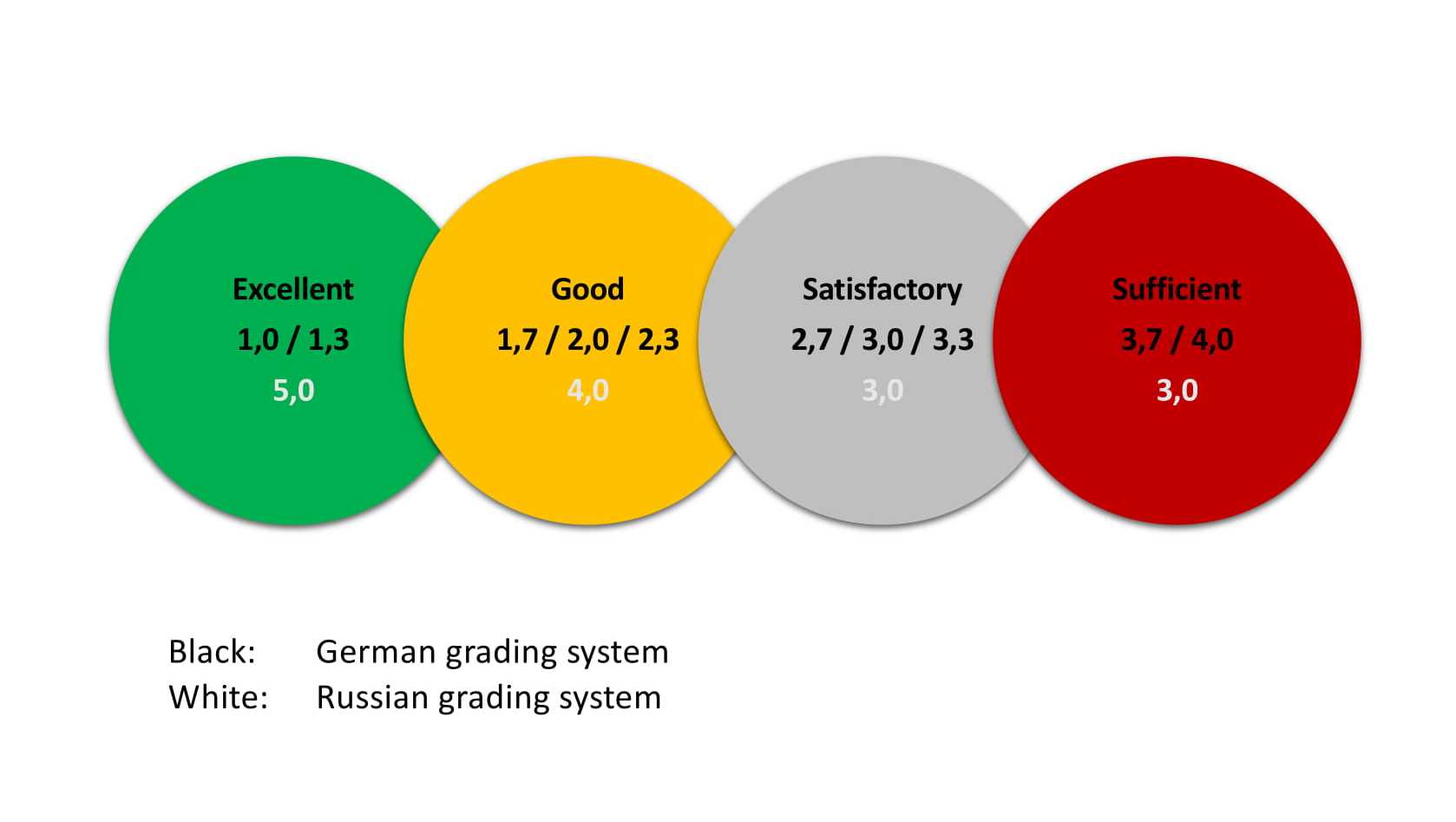



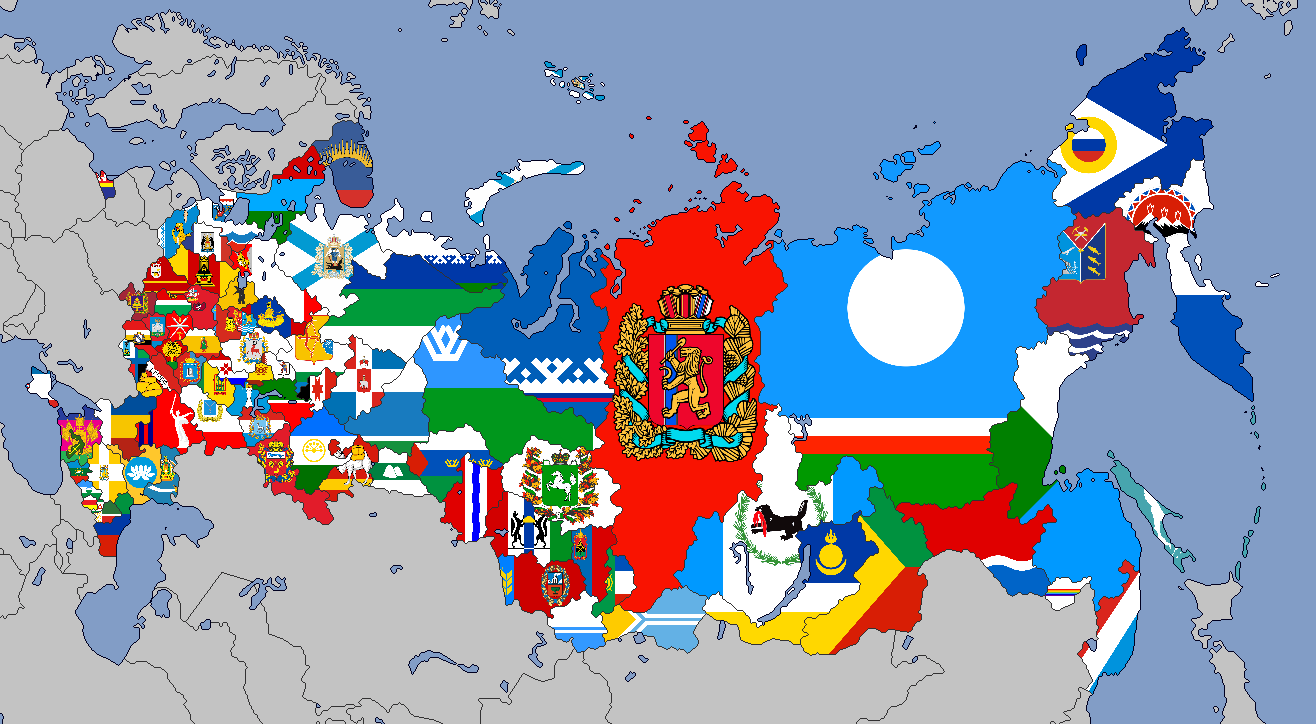

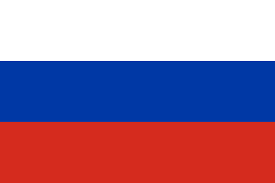




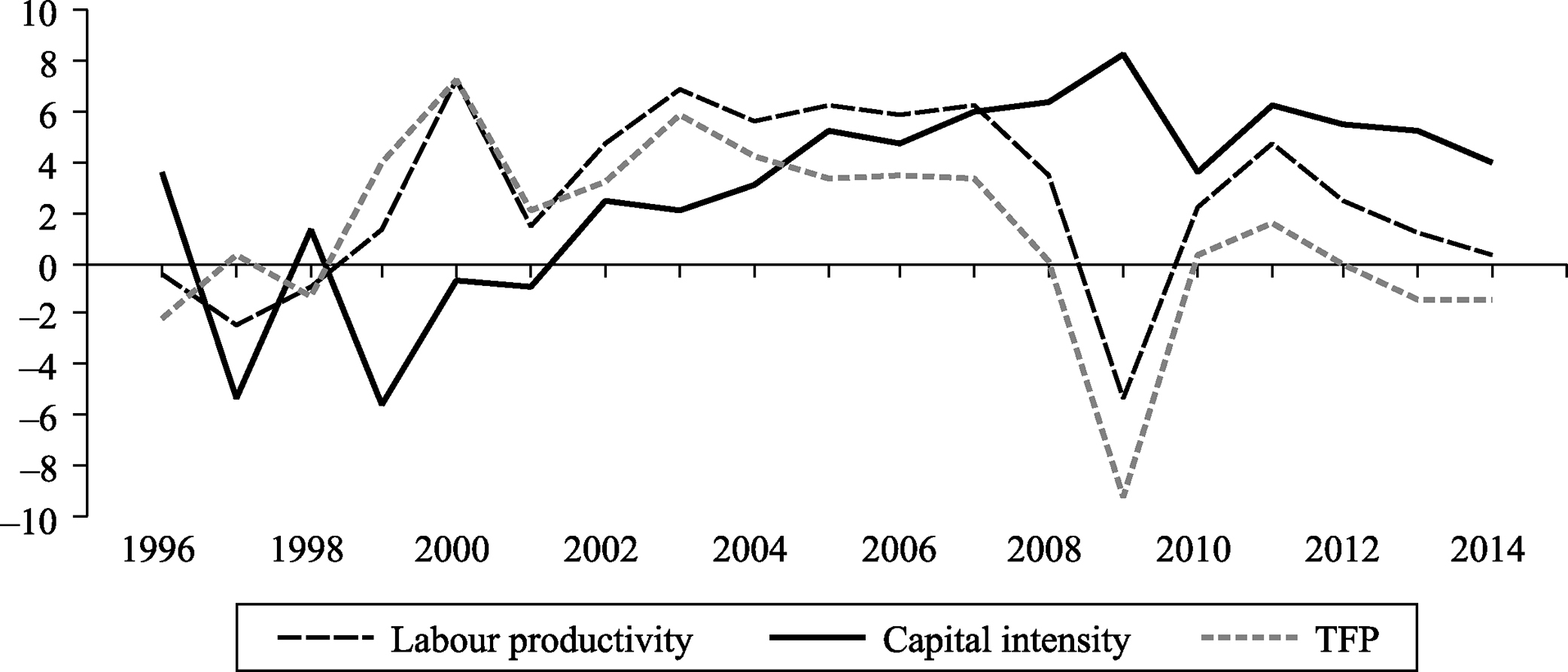
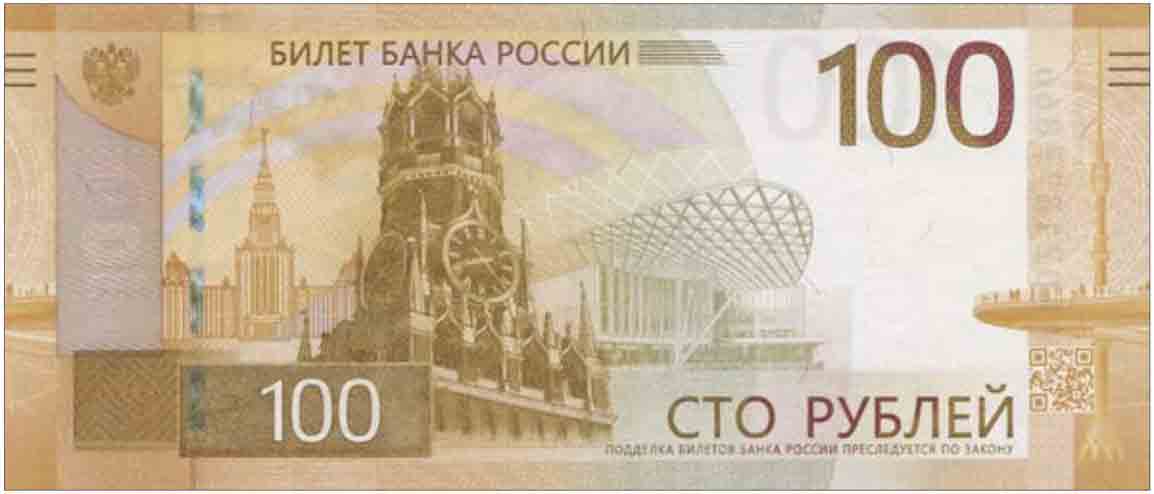
Leave a Reply